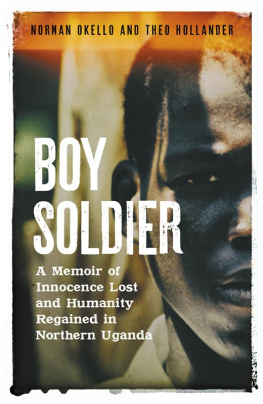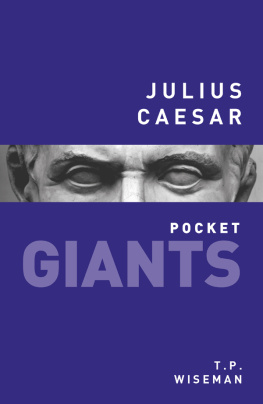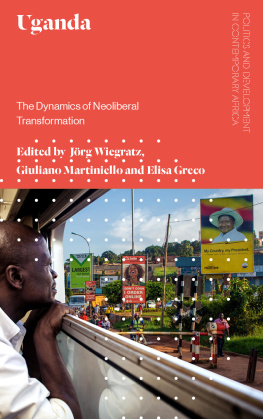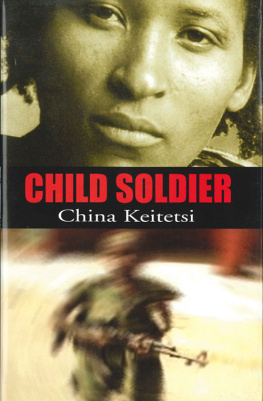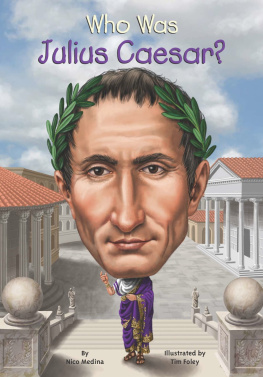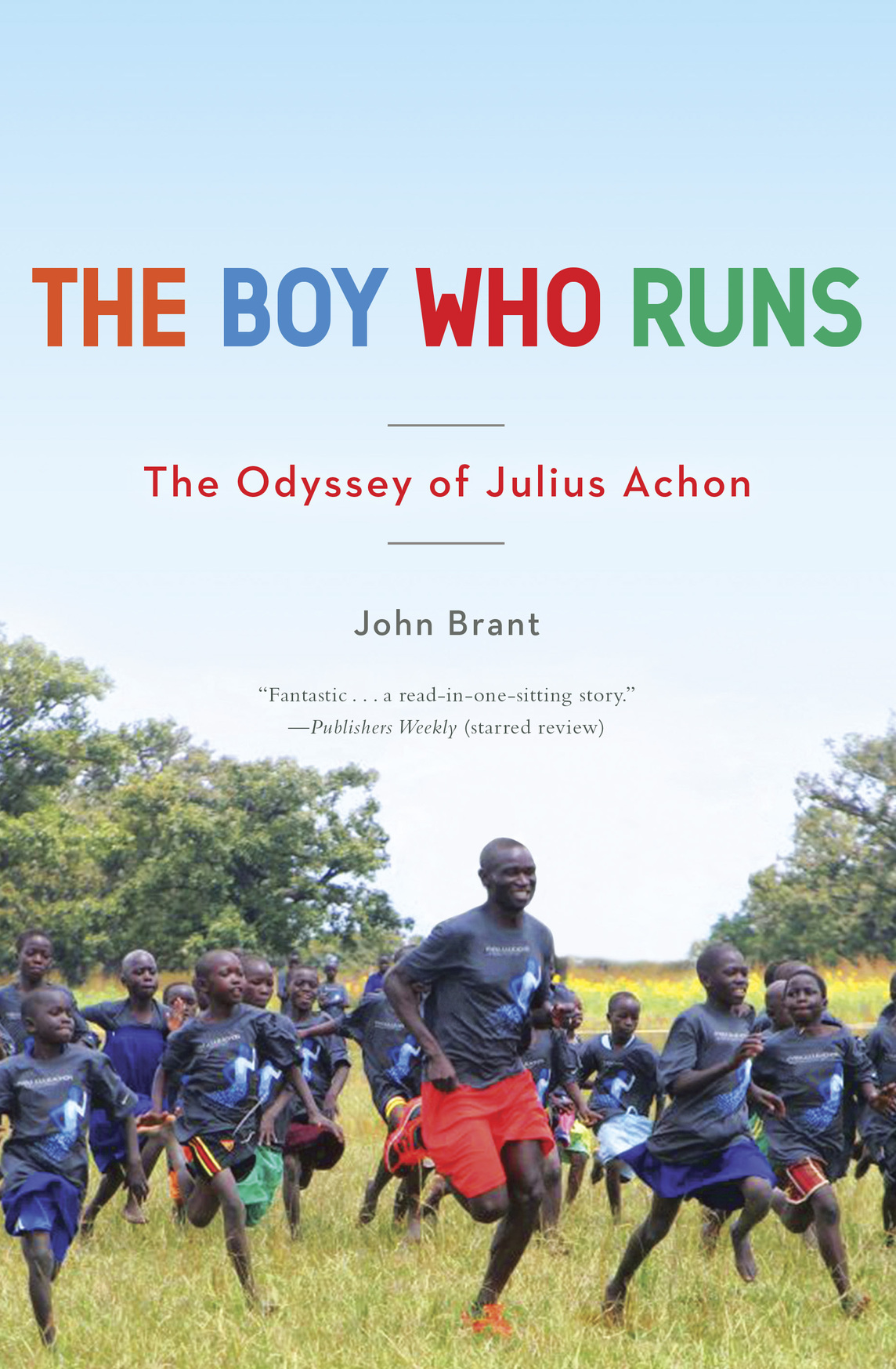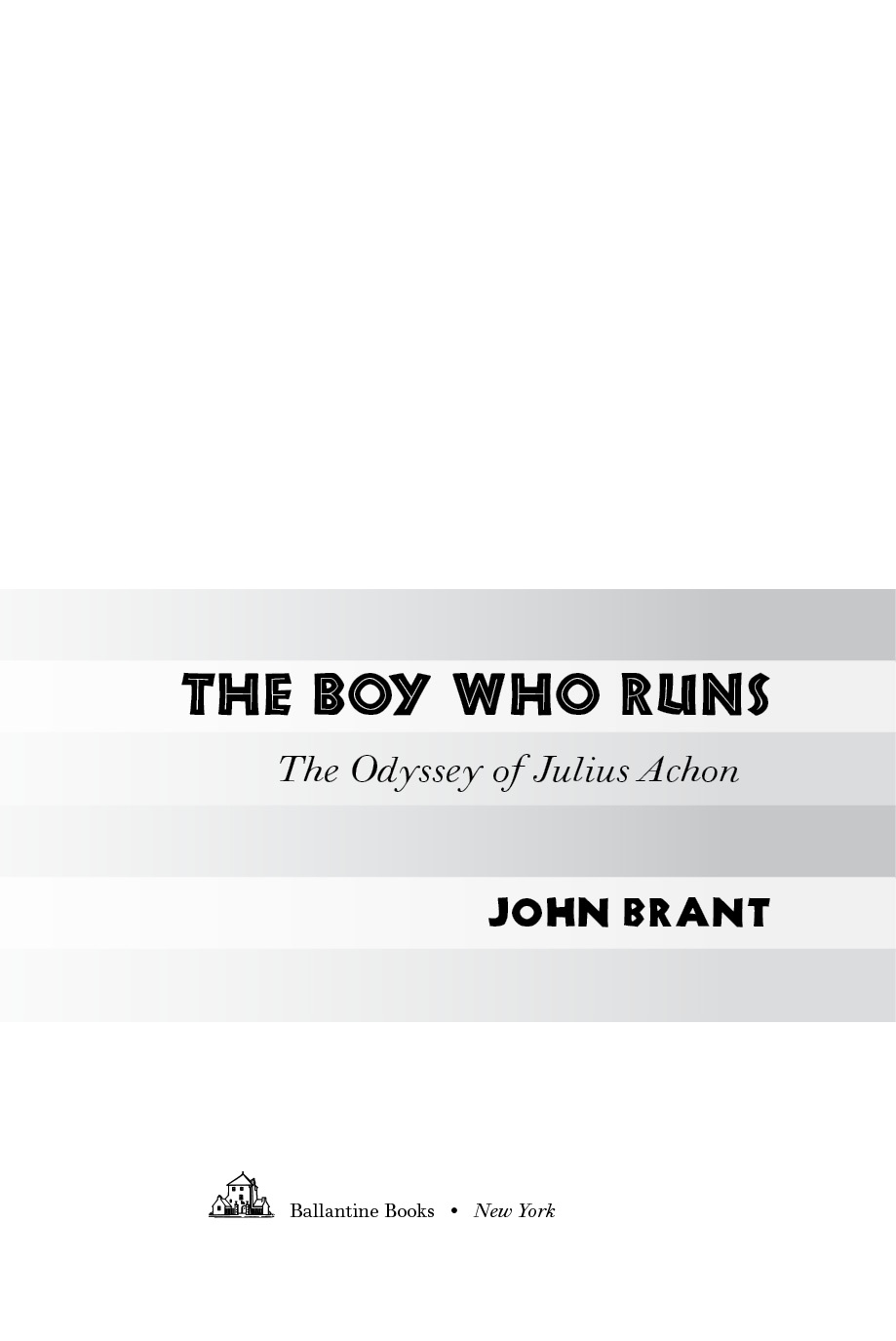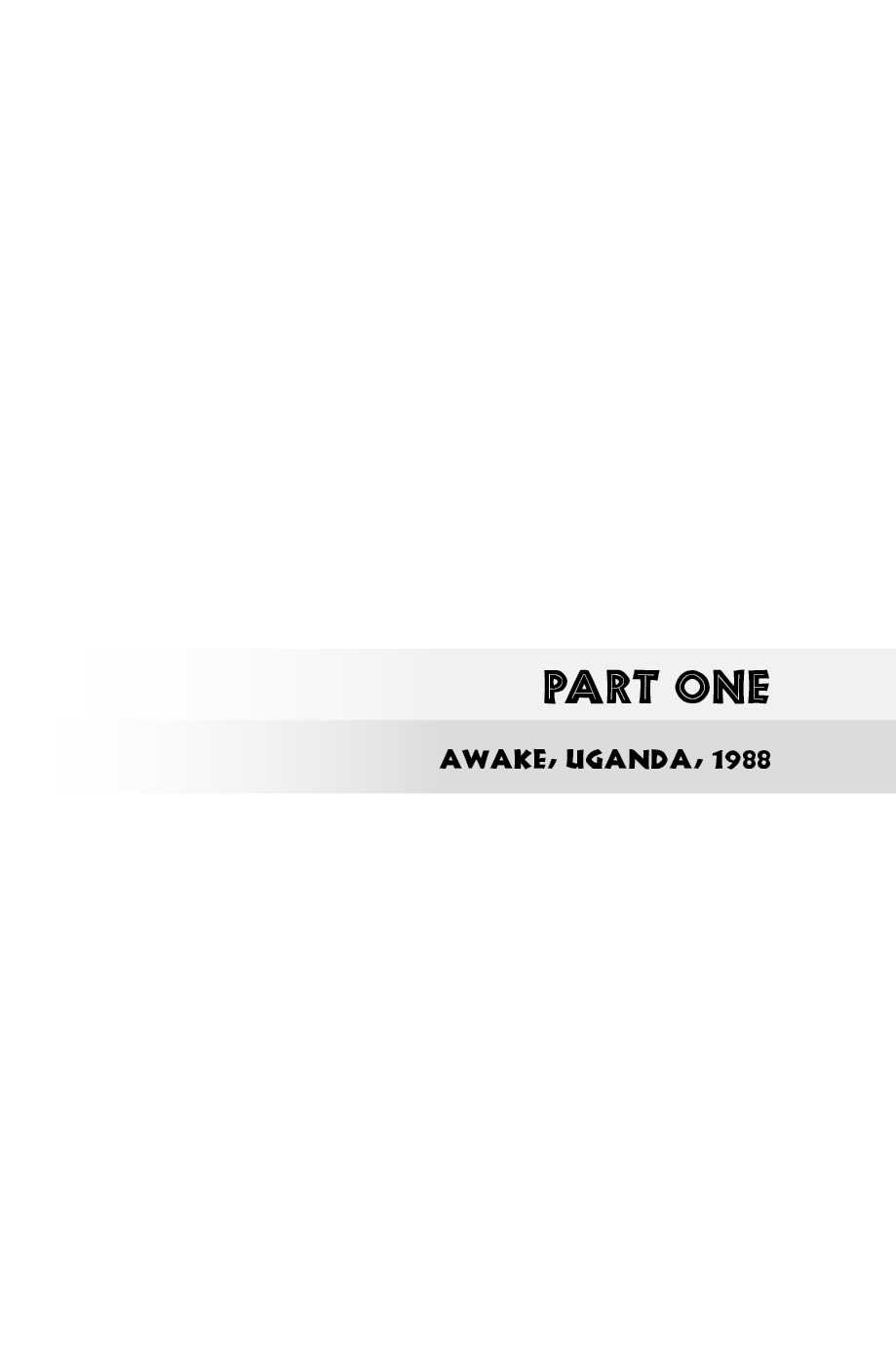Copyright 2016 by John Brant
All rights reserved.
Published in the United States by Ballantine Books, an imprint of Random House, a division of Penguin Random House LLC, New York.
B ALLANTINE and the H OUSE colophon are registered trademarks of Penguin Random House LLC.
LIBRARY OF CONGRESS CATALOGING-IN-PUBLICATION DATA
Names: Brant, John, author.
Title: The boy who runs : the odyssey of Julius Achon / John Brant.
Description: New York : Ballantine Books, 2016.
Identifiers: LCCN 2016009316 (print) | LCCN 2016026304 (ebook) | ISBN 9780553392159 (hardback) | ISBN 9780553392166 (ebook)
Subjects: LCSH: Runners (Sports)UgandaBiography. | Child soldiersUgandaBiography. | BISAC: SPORTS & RECREATION / Running & Jogging. | HISTORY / Africa / General.
Classification: LCC GV 1061.15. A 34 B 73 2016 (print) | LCC GV 1061.15. A 34 (ebook) | DDC 796.42092 [ B ]dc23
LC record available at https://lccn.loc.gov/2016009316
ebook ISBN9780553392166
randomhousebooks.com
Book design by Simon M. Sullivan, adapted for ebook
Cover design: Caroline Teagle
Cover photograph: Samson Opus/Achon Uganda Childrens Fund
v4.1
ep
Contents
Pause you who read this, and think for a moment of the long chain of iron or gold, of thorns or flowers, that would never have bound you, but for the formation of the first link on one memorable day.
C HARLES D ICKENS , Great Expectations
J ulius Achon almost sat out the biggest race of his life.
It was early May 1996, and Julius was preparing for the NCAA track and field championships. They were going to be held at the end of June, and he was favored to win both the 800 and 1,500 meters.
In anticipation, he engaged in a tear-down phase of training, when a middle-distance runner trashes his muscle fibers and drains his glycogen stores before building them back up for the big event. John Cook, the George Mason University coach, drove Julius through taxing days of drills, sprints, and strength training sessions. By design, the heavy work temporarily dulled his edge for racing. Following convention, Cook decided to hold his prized athlete out of a low-stakes conference meet that GMU was hosting the next weekend.
On Thursday, two days before the meet, Cook put Julius through an especially searing workout: twenty repetitions of 200 meters, each rep run at a full-tilt 26-plus seconds, with an almost sadistically scant 45 seconds of rest between each rep. Afterward, Julius staggered back to the apartment he shared with a few other foreign runners. Mattresses and box springs lay flush on the floor, ranks of training shoes waited by the door, and a pot of rice and beans simmered on the stove.
He grabbed some ice for his legs, flopped down on the couch, and was just drifting off to sleep when the phone rang. It was Coach Cook. Chieffor some reason, he always called Julius ChiefIve been reconsidering. How do you feel about running the 800 on Saturday?
How did Julius feel? As a boy in his native Uganda, during his forced servitude in the Lords Resistance Army, his rebel commander often whipped him with a switch fashioned from a tree limb. His present pain recalled those beatings.
I dont know, he replied carefully. Im pretty fried, coach.
Thats fine. I dont expect any fireworks. Look, we need the points, Cook continued. You could finish fourth in the 800thats three pointsif you did fucking back flips the whole way.
Julius understood that Cook wasnt asking him to run; he was telling him to. Coach, you dont have to cuss.
Thanks for this, Chief. I owe you one.
Come to church with us on Sunday, coach.
No way, Chief. Ill never owe you that much.
So Julius toed the line of the 800 meters. Deep-chested and rope-muscled, he resembled a middleweight prizefighter more than a middle-distance runner. Three faint parallel lines scarring his cheeks, the product of a witch-doctor ritual in his childhood, contributed to the warrior effect. He ran with a stride at once flawless and electric, his hardened feet, only recently sheathed by training and racing shoes, clawing the track surface like a leopards paws. Julius possessed the strength to lead a race from wire to wire and the speed to win with a devastating final kick. In bearing and aspect he seemed mature as a king, yet Julius was only nineteen years old. His future appeared limitless.
Today, though, no magic was likely. Due to the recent grinding labor, Julius felt like he was wearing a forty-pound vest. After the first lap of the two-lap race, he was running dead last. Midway through the second lap, with just 200 meters to go, he remained buried at the back of the pack. It appeared that Julius would fail to deliver any points for his team.
Then something happened. By habit, Julius stepped to an outside lane, gaining position to launch his kick. And somehow he started passing people. Normally a fiercely focused competitor, Julius felt oddly detached, as if he were standing by the side of the track, watching himself accelerate. Rounding the final turn, with 150 meters to go, he still trailed five runners. But an eyeblink later, with 100 meters remaining, the path ahead had magically cleared. To his own amazement, Julius had seized the lead. In fact, the gap was ten yards and growing.
He wasnt running; he was floating. He couldnt feel his legs. He moved in slow motion, swaddled in a cone of effortless silence. Later he would marvel that it felt so easy.
Julius glided across the finish. He slowed to a stop, laced his fingers together behind his head, and cast a reluctant eye at the digital race clock.
But the numbers on the clock made no sense. He wasnt even supposed to run in the race, so how could? His thoughts were interrupted because his teammates were rushing toward him, and across the infield Coach Cook couldnt stop grinning.
Today, during the presentations he gives around the world as head of the Achon Uganda Childrens Fund, Julius talks sparingly about his world-class athletic career. More often, he engages his audiences with accounts of Uganda and its anguish: his escape from the LRA under a rain of machine-gun fire, the morning he discovered eleven orphaned children lying underneath a bus.
But in many ways that race exemplifies the life that Julius has led off the track: Attending to duty before taking care of himself. Rising to a challenge that is both physical and spiritual. Finding a way to keep moving forward even as the road bends in unexpected directions. Accepting the grace of a power beyond his agency, even when that power proves more immolating than merciful.
While he doesnt speak often of running, Julius Achon speaks always of a journey. And the story always starts in the same place: a village called Awake.
I t was Saturday, which meant that Julius would be spared the shame of school. He would not be hectored by a teacher demanding tuition and thus wouldnt have to jump out a window to escape a caning. He wouldnt feel humiliated by his lack of a school blouse, he wouldnt grow light-headed because he had nothing to eat between dawn and evening, and his guts wouldnt seize because hed drunk out of a ditch where the cattle wallowed.



